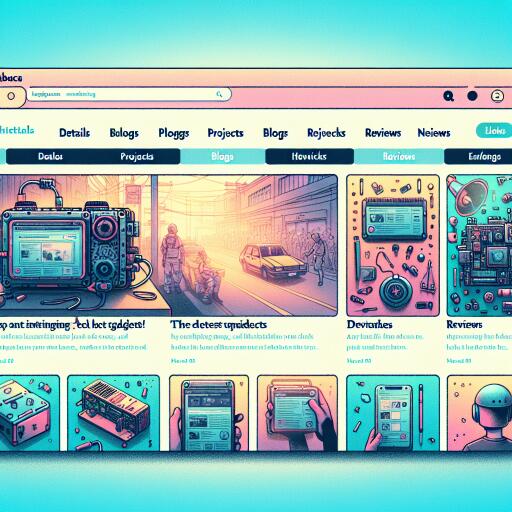Exploring Industrial Software Components Through Remote Testing
In the realm of industrial software applications, the adaptability and functionality of different components can significantly impact the efficiency and effectiveness of operations. A critical element of understanding these components involves hands-on experimentation and testing. This innovative project highlights a journey through creating a remote playground intended for the exploration and learning of various industrial software components.
The project commenced with the integration of a USB hub into the system. The necessity for this stemmed from an initial challenge – the inability of the Raspberry Pi to simultaneously recognize all three M5 modules. This hurdle illustrated the complexities often encountered in creating cohesive systems from disparate components.
Further advancements in the project involved the development of a straightforward HAT (Hardware Attached on Top) for the Raspberry Pi. This modification expanded the Raspberry Pi’s capabilities, adding six General Purpose Input/Output (GPIO) connections. These included two for I2C (Inter-Integrated Circuit) communication and two for PWM (Pulse Width Modulation), enabling direct interaction with the M5 modules. Specifically, the Atom Hub SwitchD modules were connected to I2C through an additional Grove port on the SwitchD, whereas the M5StickC Plus was linked to PWM0 and PWM1 through a Grove port, complemented by a low-pass filter.
With these enhancements, the system gained the capacity to simulate various sensors using the Raspberry Pi. This breakthrough enables the creation of a closed-loop test environment where every component is regulated by the Raspberry Pi, emulating real-world industrial sensor setups. This capability marks a significant stride towards a comprehensive understanding and testing of software components in industrial contexts.
Moreover, the project took a collaborative turn with a contribution to the open-source community. A proposal was made to include the ATOM Lite module support in the Zephyr OS repository, indicating a move towards broader accessibility and application of the Raspberry Pi in industrial software component testing. While the initial groundwork was laid by a member of the community, this collaboration underscores the project’s commitment to enhancing and extending its utility and application.
This initiative serves as an inspiring example of how creative problem-solving and innovation can pave the way for significant advancements in understanding and testing industrial software components. It demonstrates the potential within modular hardware platforms like the Raspberry Pi, not just for hobbyists or educators, but as a valuable tool in industrial applications. Through projects like this, we are reminded of the endless possibilities that open-source collaboration and ingenuity can unlock in the pursuit of technological progress and understanding.










